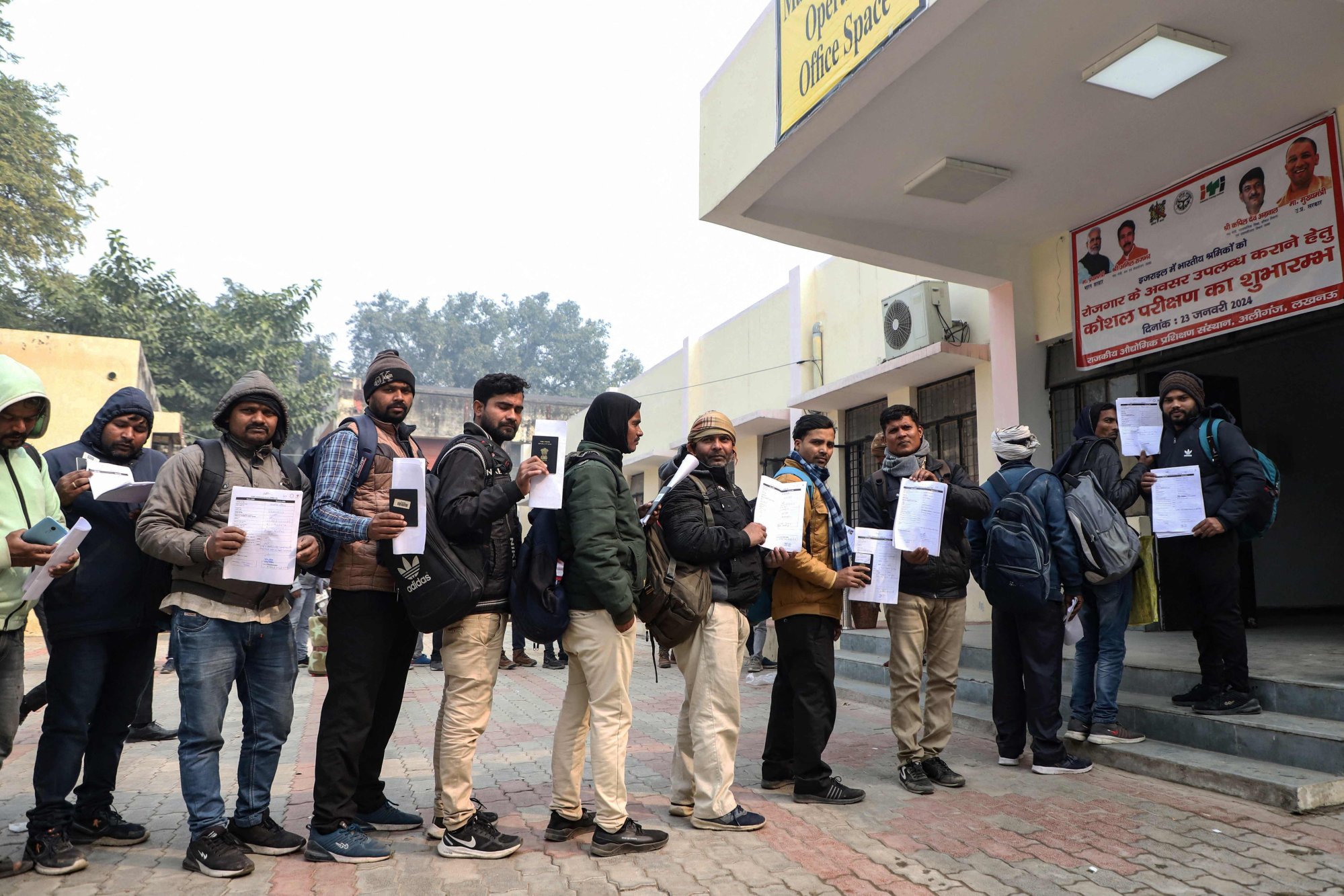views
Analysts say their remarks are a bid by the government to ‘calibrate and humanise their messaging’ after the education ministry was criticised over how the war is discussed in schools
Sucheta De, activist and national vice-president of the All India Central Council of Trade Unions, stressed the need to examine the rationale behind sending Indian workers to Israel during the conflict, considering the threat to their safety and the comparatively peaceful conditions in India.
She also drew attention to Operation Ajay that saw some 1,200 Indian citizens return to India from Israel in October last year as the war escalated.
Some Indian workers, however, view the opportunity to work in Israel as a chance to escape poverty and improve their economic outlook, despite the risks.
In November last year, Vikas, 37, a construction worker from Panipat, Haryana interviewed for various jobs in India, such as with the police, the Border Security Force and Central Reserve Police Force.
But he did not receive any job offers and is now eyeing opportunities in Israel. Despite the war, the “pressing circumstances of unemployment and family responsibilities have forced me to take the risk and seek employment in Israel”, he sai
Tapan Kumar Sen, former Indian parliament member and general secretary of the Centre of Indian Trade Unions, has expressed concern about the impact of cross-border labour mobility. While his organisation does not oppose the concept, he emphasises the need to ensure that it does not harm the rights and opportunities available to Palestinian workers.
“There have been instances where Palestinian workers have been displaced, and Indian workers have been instructed to take their place, which contradicts their trade union’s principles,” Sen said.
He said his organisation had protested against the Israeli builder association’s request for Indian workers. “We made appeals to trade unions to refrain from taking part in this recruitment drive, pointing out that Israel is a conflict-ridden zone.”
During the visit of Israeli Foreign Minister Eli Cohen to New Delhi in May last year, the two nations agreed for Israel to hire 42,000 Indian workers – 34,000 construction workers and 8,000 nurses.
In October, Israeli construction companies reportedly sought permission from the government to hire up to 100,000 Indian workers to replace Palestinians whose work licences were suspended after the Gaza offensive began.
Numerous young men from states such as Haryana, Uttar Pradesh, Punjab, and Rajasthan have flocked to be recruited for work in Israel.
A group established in December last year by the state government to provide contractual manpower to government entities, has since advertised 10,000 jobs in Israel – 3,000 shuttering carpenters, 3,000 for iron bending, 2,000 for ceramic tiling, and 2,000 for plastering.
In November, 10 major trade unions in India strongly advised the government against sending Indian workers to Israel due to the conflict.
“Nothing could be more immoral and disastrous for India than the ‘export’ of workers to Israel. That India is even considering ‘exporting’ workers shows how it has dehumanised and commodified Indian workers,” the unions’ joint statement said.
Chandan Kumar, 32, a construction worker, saw the opportunity to work in Israel as a way to escape poverty and limited employment prospects in India.















Comments
0 comment